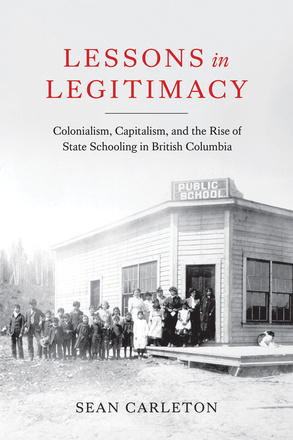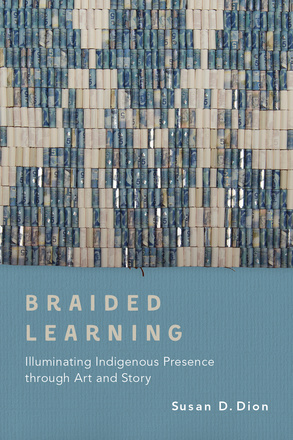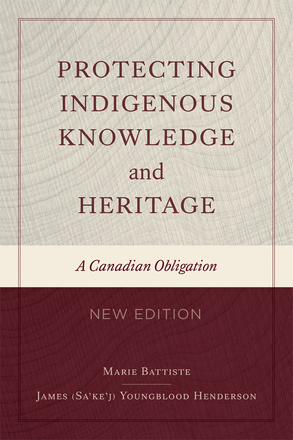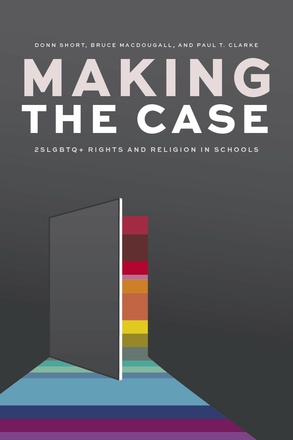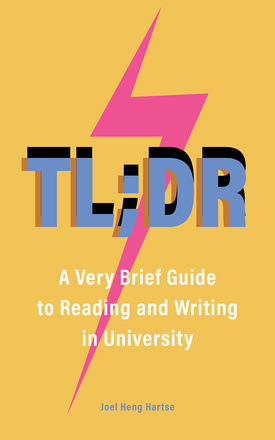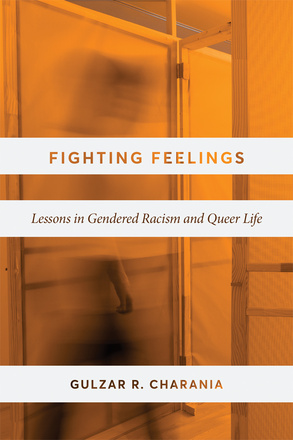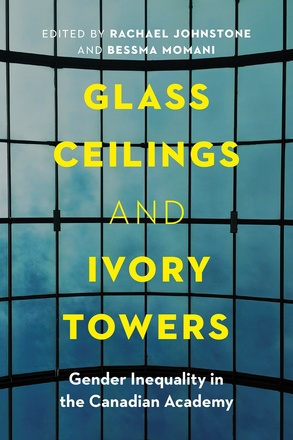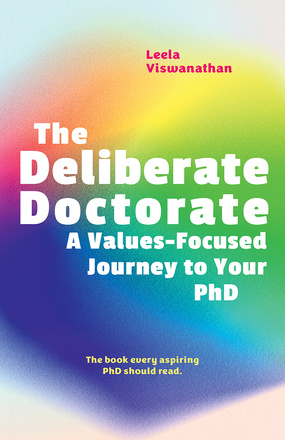
Drumming Our Way Home takes readers on an autobiographical journey to recover Indigenous identity, demonstrating how storytelling – aided by a hand drum – can open up a new world of pedagogy and culture-based learning.
Lessons in Legitimacy examines the relationship between settler capitalism, state schooling, and the making of British Columbia.
In Braided Learning, Lenape-Potawatomi educator Susan Dion inspires engagement with the histories and perspectives of Indigenous peoples, cultivating capacities for understanding, attunement, and respect.
Against the backdrop of the United Nations Declaration on the Rights of Indigenous Peoples, Protecting Indigenous Knowledge and Heritage examines past and emerging issues in the recognition of Indigenous inherent human rights and knowledge within a Canadian legal context.
Making the Case provides clear explanations of how law protects sexual minority rights, making it an essential resource for supporting 2SLGBTQ+ students in Canadian schools.
TL;DR is a clear, accessible, and short guide to what students need to know about writing for university.
Fighting Feelings investigates the lived experiences of women of colour to reveal the complex ways that white supremacy is felt, endured, and navigated.
Glass Ceilings and Ivory Towers amasses vital, data-driven research that both corroborates enduring accounts of inequality for women academics and offers pathways toward substantive policy change.
The Deliberate Doctorate shows postgraduate students how their PhD journey can be driven by purpose when it is grounded in their core values and aligned with their future plans.
Wake: Why the Battle Over Diverse Public Schools Still Matters tells the story of the aftermath of the 2009 Wake County school board election in favor of "neighborhood schools," including the fierce public debate that ensued during school board meetings and in the pages of the local newspaper, and the groundswell of community support that voted in a pro-diversity school board in 2011. What was at stake in those years was the fundamental direction of the largest school district in North Carolina and the 14th largest in the U.S. Would it maintain a commitment to diverse schools, and if so, how would it balance that commitment with various competing interests and demands? Through hundreds of published opinion articles and several in depth interviews with community leaders, Wake examines the substance of that debate and explores the community’s vision for public education.
Two-Year College Writing Studies is a comprehensive overview of the two-year college writing teaching experience within our current political and historical contexts, with examples for teachers to better enact just teaching practices in their colleges.
Composition and Rhetoric in Contentious Times poses critical questions of representation, accessibility, social justice, affect, and labor to better understand the entwined future of composition and rhetoric.
An impassioned argument for Aboriginal education and critical engagement with Indigenous knowledges and traditions.
Drawing on Nehinuw (Cree) educational concepts, this book provides a new theoretical and practical model for teaching Indigenous students.
An inspirational account of how a group of pre-service teachers, working alongside Indigenous wisdom keepers in British Columbia, developed an indigenist approach to education that can be applied in a wide variety of classrooms.
This book illustrates how to connect students to the natural world and encourage them to care about a more sustainable, ecologically secure planet.
Am I Safe Here? treats LGBTQ students as the experts in their own schools, revealing that, to achieve safety and equity, nothing less than a total culture change is needed.
Challenging the myth of equity in higher education, this is the first comprehensive, data-based study of racialized and Indigenous faculty members’ experiences in Canadian universities.


